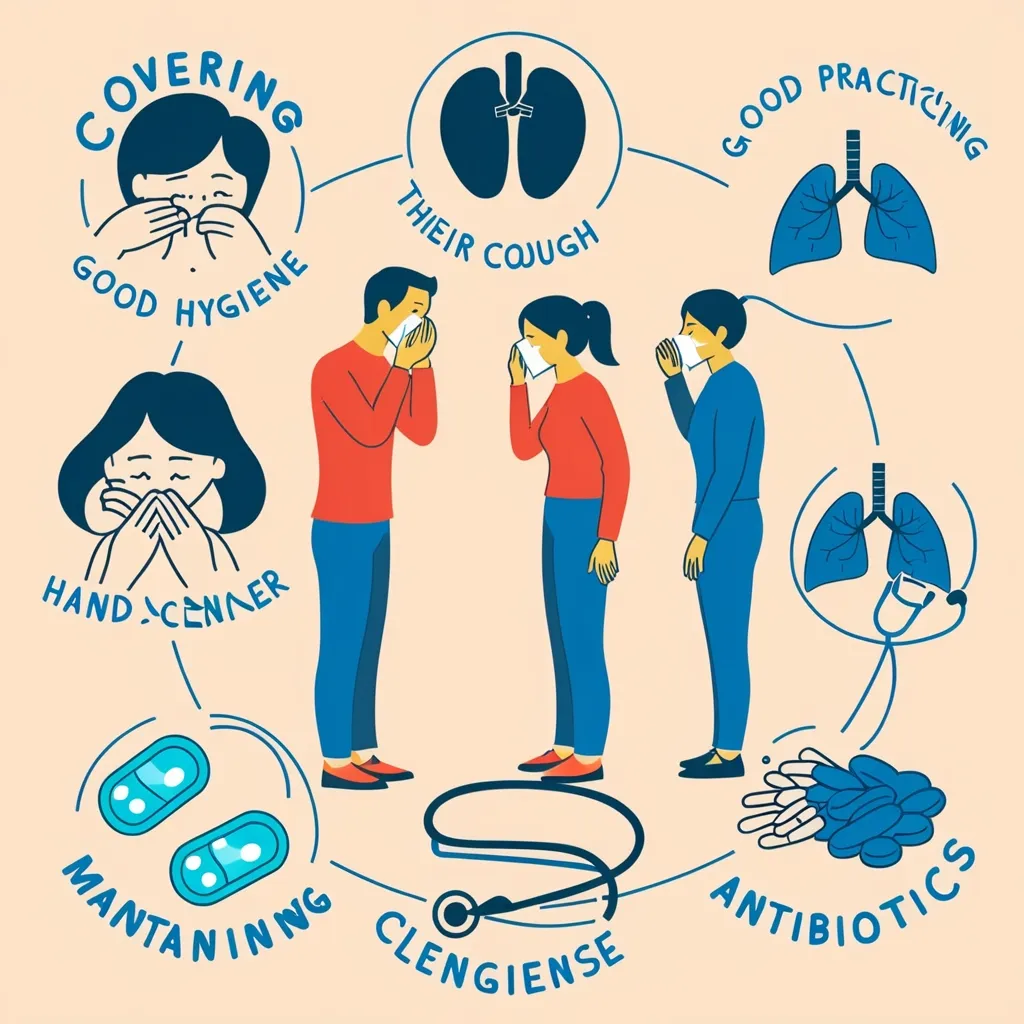Balancing hormones naturally is more than just a trend—it’s a lifestyle choice. The intricate dance of hormones in the body affects mood, weight, appetite, and even reproductive health. Unfortunately, modern habits and aging often throw these crucial chemical messengers out of sync.
Diet is where it all begins. Protein is essential, as your body uses amino acids from protein to make hormones. Aim for 15-30 grams of protein with each meal—think eggs, chicken, fish, or lentils. Don’t overlook fiber; not only does it help you feel full, but it also nurtures a healthy gut, essential for hormone regulation. Veggies, especially cruciferous ones like broccoli, help the liver flush out excess estrogen and other toxins. A Mediterranean-style diet, loaded with whole grains, seeds, fish, legumes, and plenty of crunchy veggies, is a great way to keep those hormones in check and lower the risk of certain cancers.
Don’t skimp on physical activity. Regular exercise enhances blood flow and helps your hormone receptors work better. It’s also key in preventing insulin resistance—a gateway to diabetes, obesity, and heart disease. Even a simple daily walk can work wonders for those who can’t do heavy workouts.
Sleep is your foundation for hormone balance. Less or poor-quality sleep can trip up insulin sensitivity and jack up cortisol levels, disrupting your hormonal harmony. Aim for at least seven hours of solid sleep each night, adopt a sleep routine, and steer clear of artificial lights before bed.
Stress sneaks up on hormones too. Chronic stress spikes cortisol, leading to imbalances that mess with your mood, metabolism, and more. Tackling stress through meditation, deep breathing, or even a bit of yoga can help maintain that delicate hormonal balance.
And let’s not forget about the environment. Everyday household items could be harboring hormone disruptors. Opt for organic foods and toxin-free products to limit exposure to harmful chemicals found in cleaners, plastics, and personal care items.
Gut health is another piece of the puzzle. A well-balanced gut microbiome aids in hormone regulation, especially sex hormones like estrogen and testosterone. Including probiotics and prebiotics in your diet can keep your gut flora happy and your hormones balanced.
Small lifestyle tweaks make a big difference. Cutting back on alcohol is particularly beneficial for men to maintain healthy testosterone levels. Reducing processed carbs and sugars can fend off insulin resistance and metabolic woes. Healthy fats, especially from fish, can work wonders for your overall hormonal health.
Supplements and alternative therapies can also lend a hand. Some studies show that black seeds may boost estrogen levels, which can help women through menopause. But always consult with a doctor before jumping into new supplements or therapies.
Ultimately, keeping your hormones balanced naturally involves a mix of a nutritious diet, consistent exercise, good sleep habits, stress management, and a little mindful living. These changes can profoundly impact your hormonal health and overall well-being.






